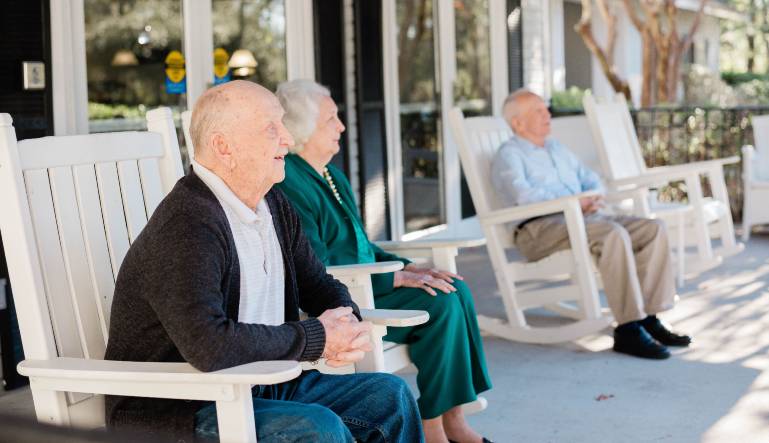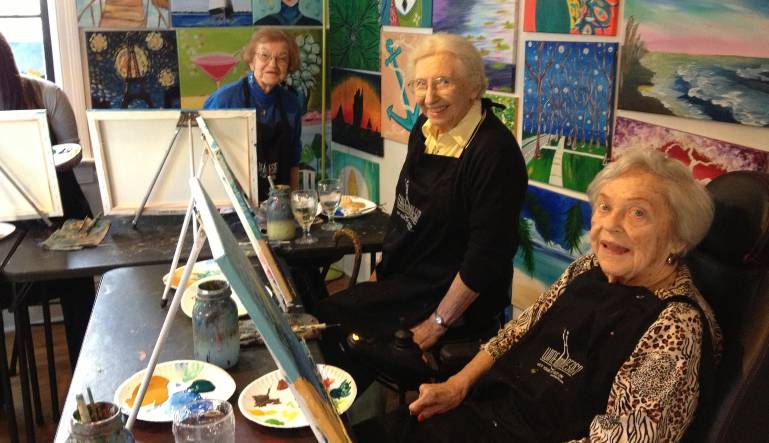<!–[CDATA[As we age, many of us begin to pay more attention to our physical well-being. The good health we took for granted in our younger years, requires more work to maintain in midlife and beyond. Concerns about preventing illnesses, such as Alzheimer’s disease, heart disease, and cancer, become a high priority.
Though experts haven’t been successful in identifying what causes Alzheimer’s disease, they are exploring a variety of contributing factors. One possibility is a link between high cholesterol and Alzheimer’s.
A study published in the academic journal, Neurology, revealed that adults with high cholesterol levels had more brain plaques than people with normal or low cholesterol levels. Brain plaques are caused by an accumulation of the protein, amyloid. They are considered to be a classic sign of Alzheimer’s disease.
There are two different types of cholesterol—high-density lipoprotein (HDL), or “good” cholesterol, and low-density lipoprotein (LDL). While a high number is better for HDL, a low number is best for LDL. Researchers say that high levels of “bad” cholesterol combined with low levels of “good” cholesterol have been found in the brains of people who also have amyloid plaque deposits.
While this is far from conclusive when it comes to understanding what causes Alzheimer’s disease, we do know high cholesterol is linked to a variety of other health problems. Two of the most common ones include strokes and heart disease. For these reasons, taking steps to monitor and manage cholesterol is important.
What Causes High Cholesterol?
According to the American Heart Association, a variety of factors can contribute to high LDL cholesterol:
- Genetics: Family history can play a role in high cholesterol. If a parent or grandparent has high cholesterol, you may be predisposed to it too.
- Age: This is another uncontrollable factor that contributes to high cholesterol. Some age-related changes, such as a decline in the liver’s ability to remove LDL from the body, can cause cholesterol to rise.
- Diet: A high-fat diet may also contribute to unhealthy cholesterol. Animal products, baked goods, and full-fat dairy foods are common offenders. By contrast, a largely plant-based diet rich with vegetables, fruits, and nuts may help lower LDL.
- Lack of exercise: Living a sedentary lifestyle can also lead to high cholesterol. Exercising not only helps to lower LDL, but also to raise HDL.
- Smoking: Smoking causes damage to the walls of arteries. This makes it more likely for fatty deposits to build up. Some researchers believe smoking might also lower your HDL.
- Obesity: How well you do—or don’t—manage your weight also affects cholesterol levels. Research indicates that people with a body mass index of 30 or higher are at greater risk for high cholesterol.
Live Well at Five Star Senior Living
At Five Star Senior Living communities, we focus on helping residents live their best lives. From healthy meals to on-site wellness programs, we invite you to see and experience our amenities firsthand. Call us at (853) 457-8271 to set up a personal tour at a community near you today!










